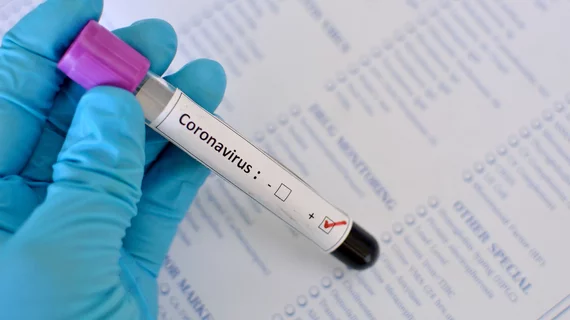Coronavirus is deadly and expensive
The novel coronavirus, which originated in Wuhan, China, has become the world’s most expensive epidemic, according to data from Learnbonds.com. In fact, the virus, which has been compared to SARS and MERS, is expected to cost China about 2% of its GDP during the first quarter of 2020, or $62 billion.
The cost is expected to be higher than other deadly disease outbreaks, including Ebola and Swine flu, even though those diseases had higher death rates. By comparison, the Ebola virus cost $53 billion, with 11,323 deaths and 28,646 infections, mostly in Africa, from 2000 and 2020.
The impact worldwide could be even bigger if the virus is not contained in other parts of the world. The outbreak of the virus has killed at least 427 people and infected more than 20,000 across the globe as of Feb. 4. While the vast majority of cases have been contained to China, a handful of other countries, including the United States, have a small number of infected people as well.
Recent analyses have shown the virus can be spread from one person to another, even if they are asymptomatic. The U.S. began scanning travelers at 20 airports around the country with Chinese destinations, and several countries are evacuating residents abroad in Wuhan, China. Roughly 60 million people in China were in lockdown in a quarantine response to stop the spread of the illness, which is marked by a cough, fever and shortness of breath, according to the CDC.
The Chinese government allocated $12.6 billion for medical treatment and equipment, according to Learnbonds.com, with several countries, such as the U.S., offering to help.
Other major outbreaks have also been costly. Swine flu has claimed 18,138 lives over the last 20 years, while bird flu led to a loss of $40 billion. SARS also led to a loss of $40 billion, while MERS cost $10 billion.

